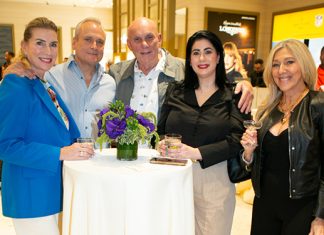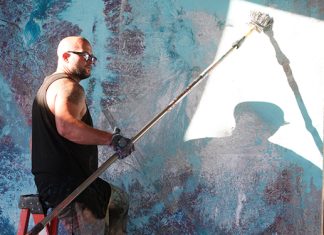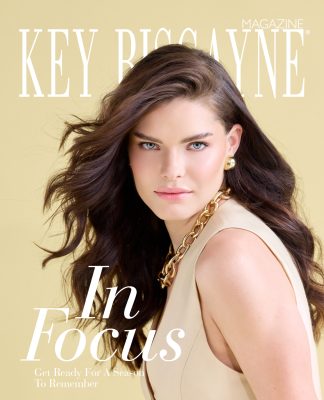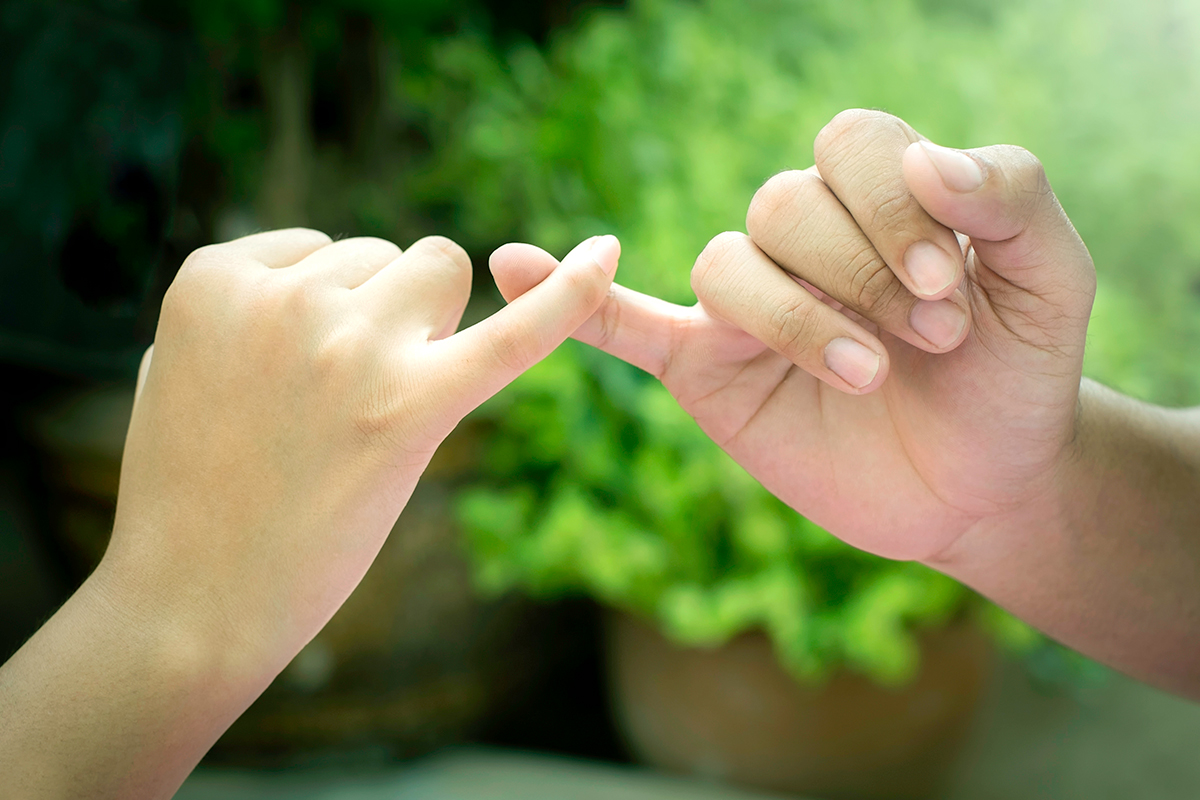
I couldn’t believe my eyes. I won’t claim bravado. While others were bunkered down with hurricane shutters and plywood, having readied homes themselves, the elderly and anyone in need, when Irma shook Miami, I was comfortably ensconced in my family’s generous country home in North Carolina, my girlfriend, our cats and dogs and I enjoying all the comforts of modern civilization. It was only after the roads had cleared and I was assured Internet and power had been restored that I dared venture back to the city I call home. Before Miami had barely brushed off its knees, calls-to-action began to take shape to send relief to The Keys, Puerto Rico, the Virgin Islands, Caribbean, Mexico and all of our other neighbors affected by natural disasters. I learned an important lesson that day, slowly navigating debris-clogged streets rendered almost unrecognizable by Irma. The lengths our citizenry will go to help others in need is an altrustic spirit not found anywhere else on Earth. And when the chips are down, it’s the plight of others that rises first to our minds.
A living example of the thesis proposed above is Maggie Fernandez, a 20-year veteran of local government and lifelong Miami resident whose devotion to protecting the vulnerable began (as many others) even before Irma had made landfall. Banding together with a number of friends similarly engaged with civic issues, she crafted the Community Emergency Operations Center, an ad hoc grassroots campaign that endeavored to be the first on the ground in our city’s most vulnerable segments in order to provide much-needed food, water, ice, medical supplies and tree removal services. Anxiously watching the storms approach, Fernandez was staggered by what she witnessed. “We just asked for volunteers, and even before people knew what the impact would be on their own personal lives, they were signing up,” she says. “I found it incredible that people who didn’t even know what their own situation would be were so willing to help others in their community and abroad.”
Kara Lundren is another local hero who saw firsthand the altruism that erupts from our residents even while we suffer at home. She moved from the Upper Keys to Fort Lauderdale to launch a new hotel in Hollywood a scant month before Irma hit. “I can’t even tell you what it was like,” she says, speaking of the devastation she witnessed while touring her former home of Islamorada and neighboring Sugarloaf Key. “There was sand, debris, cars, wrecked boats, destroyed homes, the roofs ripped right off of gas stations…it took my breath away.” Lundgren, who partnered with such generous corporate allies as Xtreme Lacrosse and Fraser Yachts to provide literal tons of aid to the beleagured Keys, found the unity in the face of adversity of our people extremely heartening. “I don’t think anyone thought they were from a different area, there was no ‘I’m from Dade’ or ‘I’m from Broward’,” she says. “Everyone just wanted to help in any way they could.”
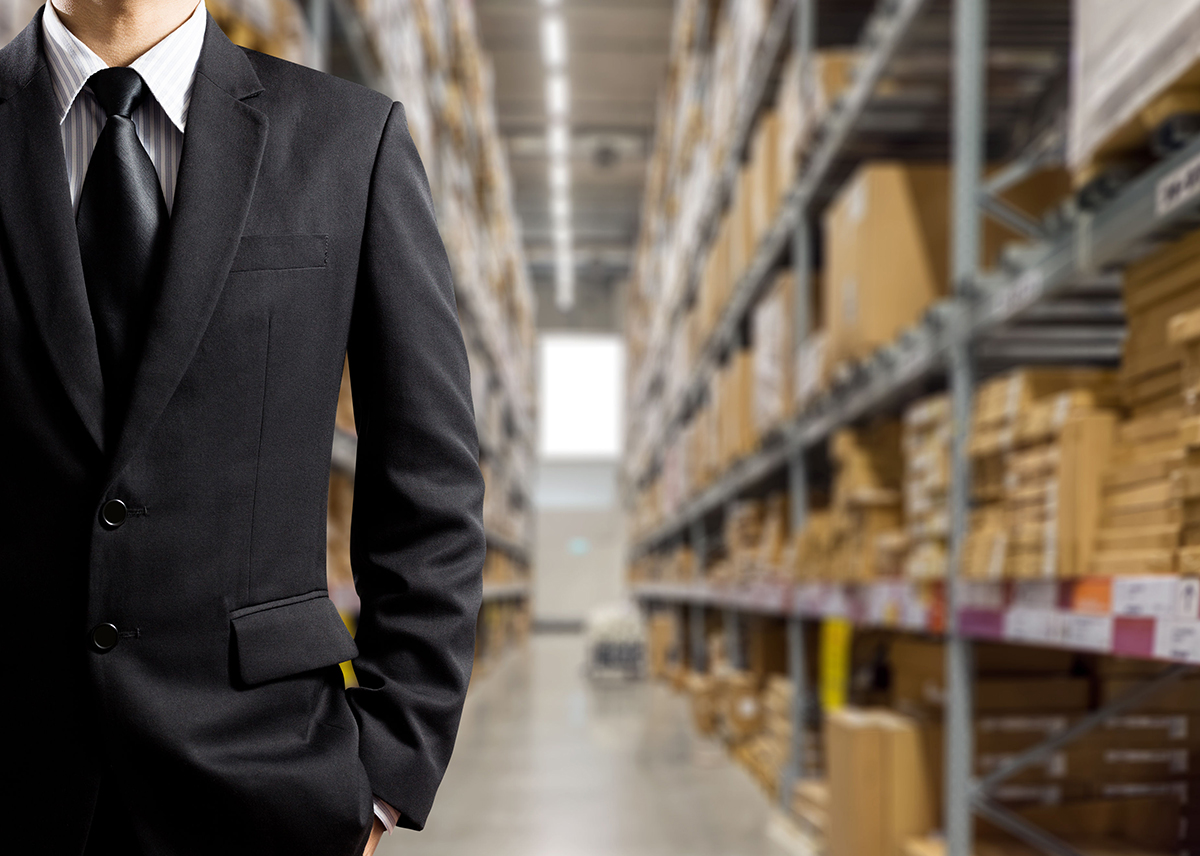 Not content to conserve our aid only within our state boarders, Miami’s response to the plights endured by Puerto Rico is similarly noteworthy. Melissa Saldaña, when asked why our citizens seem so generous while still wrangling with Irma’s after-effects and a member of the Puerto Rican diaspora, cites our diversity as the motivation behind this heartening trend. “A lot of us come from somewhere else, and we’re grateful for this nation,” she says. “When we see other people suffering, we want to do all we can to help them. We’ve all been there before.”
Not content to conserve our aid only within our state boarders, Miami’s response to the plights endured by Puerto Rico is similarly noteworthy. Melissa Saldaña, when asked why our citizens seem so generous while still wrangling with Irma’s after-effects and a member of the Puerto Rican diaspora, cites our diversity as the motivation behind this heartening trend. “A lot of us come from somewhere else, and we’re grateful for this nation,” she says. “When we see other people suffering, we want to do all we can to help them. We’ve all been there before.”
Natascha Otero-Santiago, Director of Digital Strategy at Latin 2 Latin Marketing + Communications and notable advocate of the local Puerto Rican community, echoes Saldaña’s sentiment. “There is a whirlwind effort taking place in Miami on behalf of Puerto Rico,” says Otero-Santiago, who sat at a roundtable with Governor Rick Scott to discuss the difficulties facing her home island. “The outpouring of the community has been amazing. We had over 1,000 volunteers processing donations immediately, even while some people still didn’t have power. If I said I didn’t have boxes, someone would arrive with 1,000. If I made a comment about a forklift, someone would show up with one. Together, we were able to process almost half a million pounds of donations!”
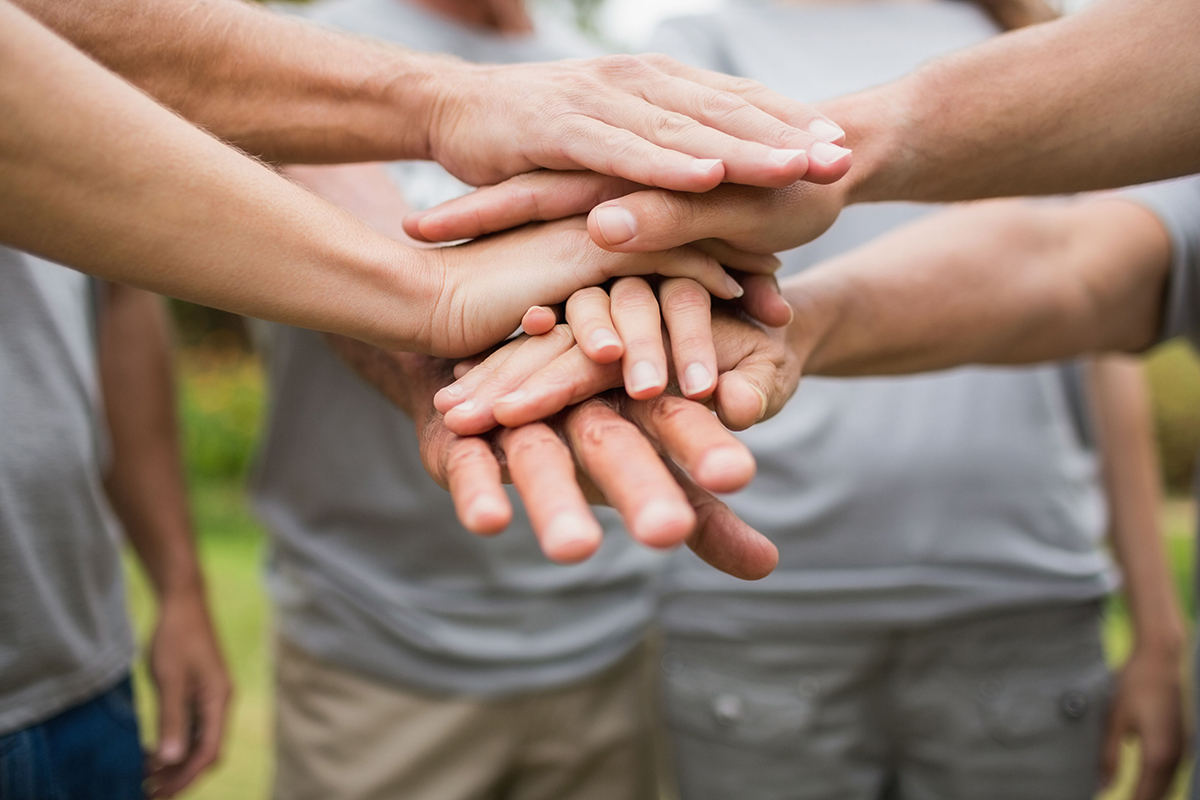 Sallie Ann Rodriguez, Special Projects Director for Natcom Global, was also impressed by our city’s response to an island not blessed with our own superior infrastructure. “I helped spread the word to solicit volunteers and donations through social media and I can’t tell you how many people reached out to me wanting to help,” she says. “I think Miamians as a whole get it. We’re used to recovering from hurricanes and we understand the realities and the day-to-day impacts…How can we not want to help our neighbors when they’re in need?”
Sallie Ann Rodriguez, Special Projects Director for Natcom Global, was also impressed by our city’s response to an island not blessed with our own superior infrastructure. “I helped spread the word to solicit volunteers and donations through social media and I can’t tell you how many people reached out to me wanting to help,” she says. “I think Miamians as a whole get it. We’re used to recovering from hurricanes and we understand the realities and the day-to-day impacts…How can we not want to help our neighbors when they’re in need?”
An attorney and Caribbean by birth whose former involvement with the Miami Foundation puts him on the cutting-edge of a variety of civic matters, Marlon Hill found Miami’s pre-emptive strike approach to charitable giving of note. “Even before Irma hit, some people notified me they were going to establish some funds for aid,” he says. Hill, whose U.S. Caribbean Strong Relief Fund has a pragmatic approach to relief both long-term and short, has helped countless people in the aftermath. He believes Miami’s global outlook bands people together. “Miami and the Caribbean are one family,” he says. “If Florida’s hurt, the Caribbean’s hurt and vice-versa.”
Diversity. Integrity. A base altruistic need encoded deep within our genetics. Whatever the reason, the disasters shocking our shores and the shores of our neighbors in the past few months have uprooted much more than just big trees. It’s shown us — and the world — a version of Miami rarely acknowledged, one that doesn’t just survive, that isn’t satisfied with simply thriving or sporting the latest trends and eating at the swankiest restaurants and bars. It’s shown everyone a Miami that cares. And that has made all the difference.









